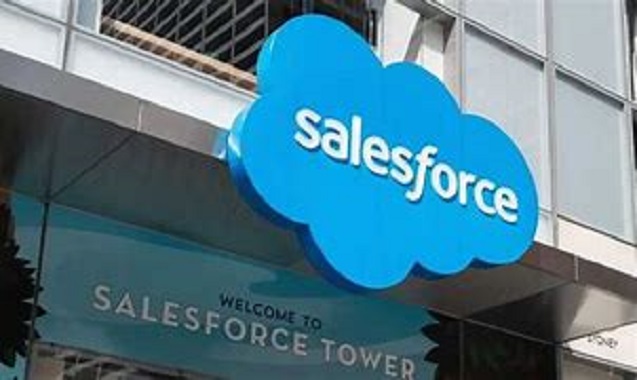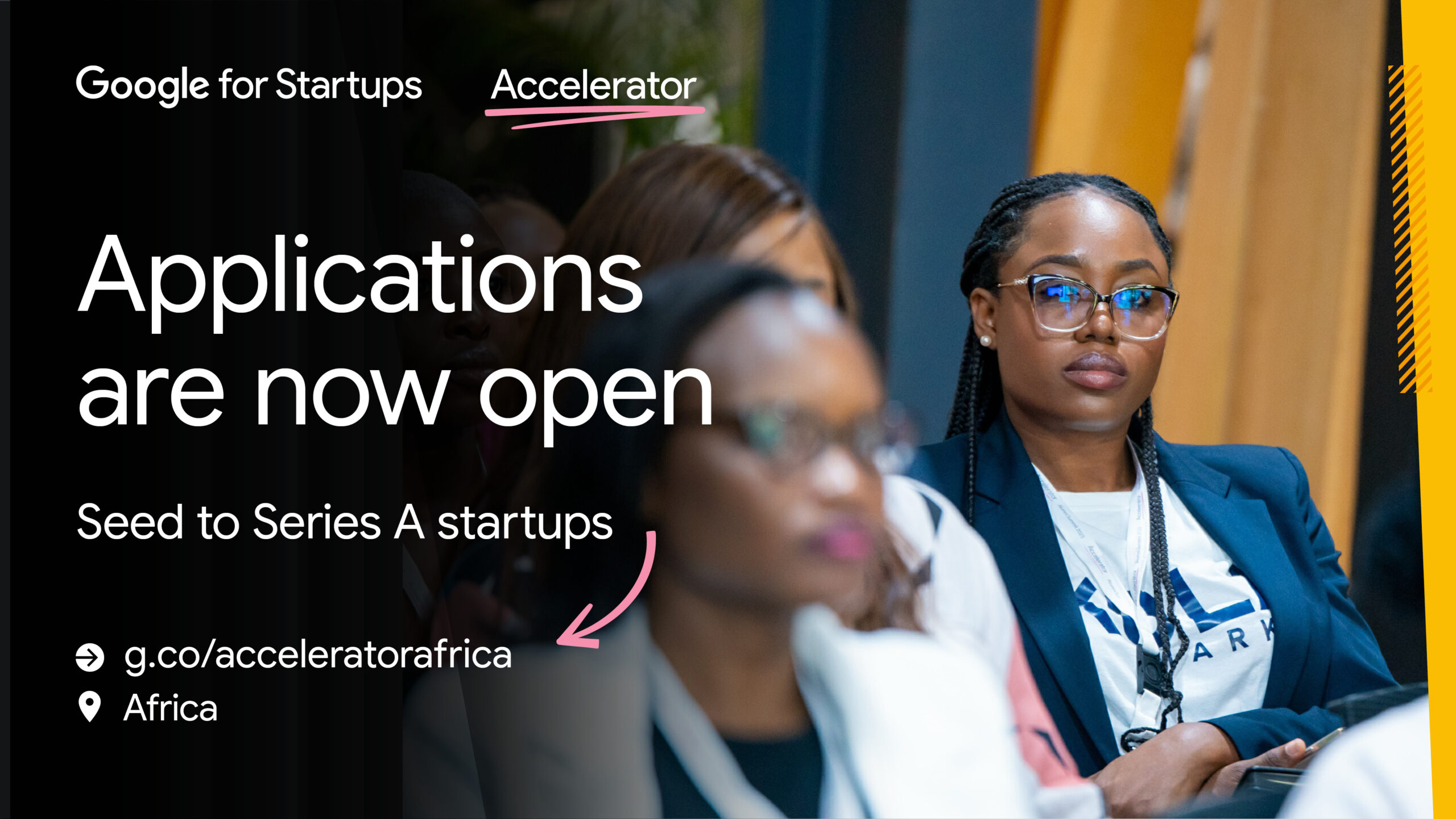Telecom
NCC Lists Challenges Facing Telecom Users in Nigeria

Nigerian Communications Commission (NCC), has listed cybercrime and e-fraud as some of the major challenges facing telecommunications users in the country.

Prof. Umar Danbatta, EVC, NCC
cc
Prof Umar Danbatta, executive vice chairman, stated this during the commission’s special day in Enugu on Sunday at the ongoing 31st Enugu International Trade Fair.
Danbatta, represented by Reuben Mmuoka, a director in the Commission, said NCC recently hosted a cyber security enlightenment conference where telecoms stakeholders were enlightened on dangers associated with cybercrimes.
He advised telecom consumers not to open unknown emails or post Personal Identification Number (PIN) online as bank would never ask them for their personal detail via internet or over the phone.
Danbatta disclosed that the commission had also educated parents on their roles regarding child online protection.
“The sensitisation programmes are targeted at parents, aimed at equipping them with the right knowledge they need to limit the exposure of their children to the negative aspects of internet use.
“To protect subscribers from unsolicited text messages or voice calls, the commission evolved “do not disturb” (DNB), directing all mobile network operators to dedicate a short code to enable subscribers to take informed but independent decisions on what messages they wish to receive.”
He pointed out that NCC as regulator had come with initiatives to enable consumers lodge their complaints when dissatisfied with the services provided by their operators.
“The Commission will apply appropriate regulatory measures and sanctions against such service provider.
“NCC identifies consumer as a very important stakeholder in the telecoms industry, which is evident in our 8-point agenda where empowerment and protection is properly captured,” he added.
The Vice Chairman said that the NCC Special Day was aimed at educating and informing subscribers on the use of communication services and their rights as telecoms consumers.
In his address, Mr Emma Nwandu, president of the Enugu Chamber of Commerce, Industry, Mines and Agriculture (ECCIMA), said that the role of NCC as a regulatory agency in the telecommunication sector was commendable.
According to him, telecommunication industry has witnessed a great revolution in the socio-economic life, which has equally accentuated the pace of socio-economic life as individuals and as a nation.
Telecom
Salesforce Revolutionizes Business Intelligence with AI-Powered Tableau Next


Organisations today face a data paradox: they need to make fast, intelligent decisions but are overwhelmed by large volumes of often unreliable information. With over 75% of business leaders under pressure to prove data’s value, the demand for trusted, actionable insights has never been greater.
What is agentic analytics
Agentic analytics allows users to collaborate with AI agents to speed up the entire data-to-action process. Instead of relying on static visualizations, analysts can use AI to automate tasks like data preparation and ETL (extract, transform, load processes), freeing them to focus on deeper analysis. Business leaders can ask natural language questions and get instant, reliable answers along with recommended actions. This makes data-driven decision-making easier and more efficient, removing the need for technical expertise and manual effort typical of traditional BI tools.
- Automate repetitive data tasks like data cleaning, transformation, and visualization generation, as well as the execution of complex, multi-step analytical workflows within and across different business areas. This builds on Tableau’s strength in simplifying complex data for users.
- Proactively deliver faster, more comprehensive insights by autonomously detecting hidden correlations, outliers, and trends that might be missed by human observation. This enhances Tableau’s focus on user-driven insights by providing AI guidance.
- Enable more contextual and effective action through natural language summaries, visualisations, and data-driven recommendations, insights delivered where people work with an enterprise-class workflow engine that enables users to kick off automated actions. This extends Tableau’s ability to drive action from data, making it more seamless within the Salesforce ecosystem.
Built on the trusted Salesforce Platform and leveraging the power of Data Cloud, Tableau Next delivers enterprise-grade performance, robust security, and flexible, zero-copy data integration for seamless data connectivity. Tableau Semantics, an intelligent semantic layer, provides a unified understanding of information, ensuring data consistency and accelerating the discovery of critical insights. The built-in workflow engine in Tableau Next seamlessly translates insights directly into actionable steps, dramatically accelerating the time to value. The key differentiator is the native integration with Agentforce, Tableau Next equips humans and AI agents with pre-built analytical skills to rapidly transform data into tangible business value, marking a significant leap forward in data-driven decision-making. It includes:
- Data Pro: Your Intelligent Data Prep Assistant. Instead of users manually cleaning up and changing data using complex steps (like in traditional ETL), Data Pro will give smart suggestions on how to do it and even automatically handle some of the complicated changes, saving time and effort.
- Concierge: Instant Answers in Plain Language. Get immediate, reliable answers to data questions. Sales teams, for example, can simply ask “What are my best sales opportunities?” and receive clear insights with recommended actions.
- Inspector: Proactive Data Monitoring & Insights. Continuously tracks your data for key changes, analyzes trends, and predicts improvements. Service teams can be instantly alerted to drops in customer satisfaction, enabling immediate action.
Ensuring Data Trust and Accuracy:
- Tableau Semantics: Tableau Semantics serves as the semantic layer, providing Tableau Next and Agentforce with a unified understanding of business data. By establishing consistent definitions and context, it enables AI agents to generate accurate and relevant responses.
Boosting Efficiency:
- Marketplace: Allows users to easily share and reuse data analysis components (like data assets, connections, metrics, visualizations, dashboards), saving time and ensuring everyone is working with the same information.
“Tableau Next helps businesses achieve faster, more impactful results with their data,” said Ryan Aytay, CEO of Tableau. “We’re shifting from basic reports to a world where AI is a collaborative decision-making partner. By combining AI agents with trusted data and easy-to-use tools, we’re making data accessible to everyone and transforming the data-to-action process into an automated, proactive, and insight-driven cycle. This empowers users to improve decision-making, boost efficiency, and manage risk more effectively.”
Telecom
Temu and Shein Raise U.S. Prices Amid Trump-Era Tariffs

Chinese-founded e-commerce platforms Temu and Shein have announced upcoming price increases for U.S. customers, citing higher operating expenses due to tariffs imposed during former President Donald Trump’s administration.

These tariffs include a 145% import tax on most goods made in China and the elimination of the “de minimis provision,” which previously allowed goods valued under $800 to enter the U.S. duty-free.
The changes, effective May 2, have disrupted the business models of both companies, known for their ultra-low prices and extensive digital marketing campaigns.
Temu and Shein, which specialize in affordable products ranging from clothing to electronics, have urged customers to shop before the price adjustments take effect.
The companies aim to minimize the impact on consumers while adapting to the new trade rules.
These developments come amid concerns from U.S. lawmakers and business groups about the competitive advantage of inexpensive Chinese goods and the potential entry of counterfeit products through the now-canceled exemption.
Telecom
Google Launches 2025 AI Startups Accelerator Program for African Innovators

Google has opened applications for the 2025 Google for Startups Accelerator Africa program, a three-month initiative designed to support early-stage startups using artificial intelligence to address Africa’s most pressing challenges.

Across the continent, startups are demonstrating how local innovation can solve deeply rooted problems. In West Africa, Crop2Cash – an agritech platform and alumni of the program – is using AI to digitally onboard smallholder farmers, build their financial identities, and provide them with access to credit, traceable payments, and productivity tools.
Through these efforts, Crop2Cash is improving agricultural outcomes and unlocking economic opportunity for farmers who have long been excluded from formal systems—illustrating the kind of impact that’s possible when African startups receive the support they need to scale.
The Accelerator is open to Seed to Series A startups based in Africa that are building AI-first solutions. Startups must have a live product, at least one founder of African descent, and a clear vision for responsible AI innovation. Selected participants will receive:
Dedicated technical mentorship from Google and industry experts
Up to $350,000 in Google Cloud credits
Access to a global network of investors, partners, and collaborators
Workshops focused on technology, product strategy, people leadership, and AI implementation
AI’s potential to accelerate Africa’s development is real, and Google is investing in ensuring that African startups lead that charge. According to McKinsey, AI could add $1.3 trillion to Africa’s economy by 2030, but only if bold innovation is supported at the grassroots.
“Startups are Africa’s problem solvers. With the right resources, they can scale their impact far beyond local communities,” said Folarin Aiyegbusi, Head of Startup Ecosystem, Africa at Google.
“This program reflects our belief that AI can be transformative when shaped by those who understand the context deeply.”
Since 2018, the program has supported 140 startups from 17 African countries. These alumni have raised more than $300 million in funding and created over 3,000 jobs. Many are now regional and global leaders in their categories.
Applications for the 2025 cohort are now open. Startups interested in participating can apply at: https://startup.google.com/programs/accelerator/africa
For further information and updates, visit the Google Africa Blog or follow @GoogleAfrica on social media.

 Telecom1 day ago
Telecom1 day agoSalesforce Revolutionizes Business Intelligence with AI-Powered Tableau Next

 Broadcasting1 day ago
Broadcasting1 day agoMultiChoice Brings Easter Home with Dedicated Pop-Up Channel

 News1 day ago
News1 day agoAirtel Smartcash Set to Power Stress-Free Easter with Seamless Cashflow

 Telecom2 days ago
Telecom2 days agoDRIF25 Brings Together 1,000 Delegates in Lusaka

 Telecom2 days ago
Telecom2 days agoGoogle Launches 2025 AI Startups Accelerator Program for African Innovators

 News2 days ago
News2 days agoOOUTH Commends IHS Nigeria, UNICEF for Life-Saving Oxygen Plant Donation

 General News2 days ago
General News2 days agoMoMo PSB Launches Refer & Win Promo: Free Airtime or Data for Life Awaits Nigerians

 General News2 days ago
General News2 days agoReps Panel Demands N182bn Refund from Remita Over TSA Discrepancies



























